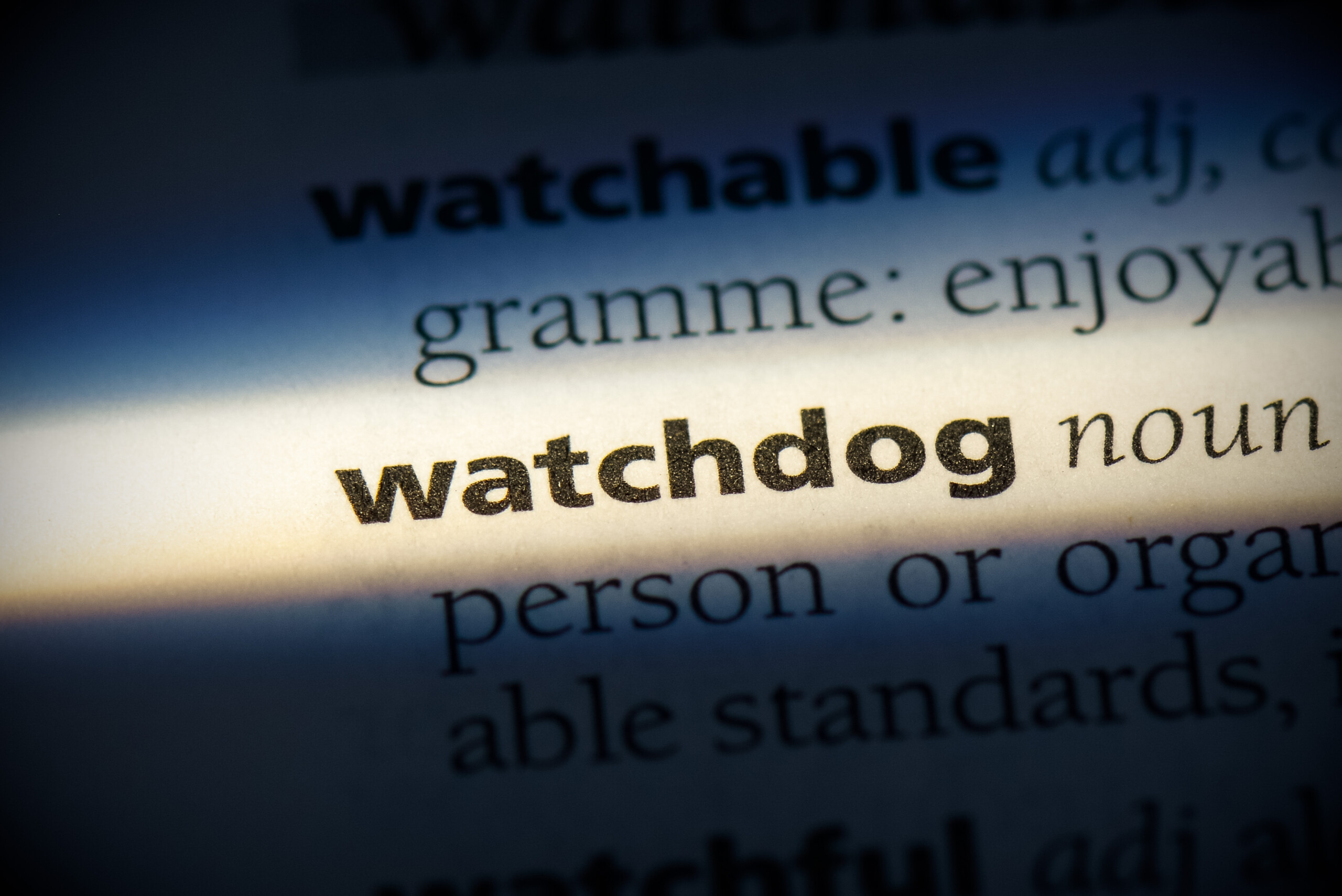
5 STRATEGIES FOR MORE TIMELY INTERNAL AUDIT REPORTS
June 6, 2022
Everybody Loves a Government Watchdog … Until It Barks
June 22, 2022The “great resignation,” coupled with a surging global economy and resulting labor shortage, is frustrating HR and management leaders in virtually every industry and profession. Internal audit is no exception. In a recent LinkedIn poll, more than 50% of internal audit respondents signaled that their departments have been struggling to fill vacancies for more than three months. In fact, 30% have been recruiting vacant positions for more than 6 months. For positions requiring cyber or other technology skills, the challenge is even greater.
Over the past few months, I have been leading roundtable discussions with CAEs and other senior internal auditors around the world. What I’ve learned is that there is deep concern about the gap between the supply and demand of internal audit talent in many regions and industries. We are in a “seller’s market,” one favoring employees, and there’s no end currently in sight.
COVID and global inflation have introduced new variables among those considering professional employment opportunities, such as in internal audit. Is the compensation being offered keeping pace with the soaring cost of living? If the worker is expected to be onsite, what is the additional cost of commuting given the staggering price of fuel? What about working remotely? Does the position afford an adequate work-life balance? What are the opportunities for advancement in the company/organization after a stint in internal audit?
Many of these questions are coming from educated, enthusiastic and idealistic members of the Millennial generation (those born between 1981 and 1996), and increasingly from the freshly educated and even more idealistic members of Generation Z (those born after 1996). To be clear, I am not stereotyping or vilifying the values of the various generations. I have often observed that I was once an ambitious and idealistic 21-year-old internal auditor, and my boss and other older members of my internal audit team struggled to understand me. Eventually, we came to better appreciate each other. The passage of time imparts wisdom on every generation, and each leaves its own mark on the world.
That said, one thing I have noticed in the discussions with CAEs is that, as their frustration mounts with the festering staffing shortages, they are becoming increasingly vocal about the attitudes and values of Millennials and Gen Zers. Many older CAEs feel that the younger professionals are not committed to the hard work and sacrifice that traditionally secured a pathway to success. Some are even resentful of the desire for flexible hours and workplace that is increasingly being factored into employment decisions.
From my perspective, an obvious generation gap has emerged between those who lead internal audit departments and those they seek to employ. In fact, 89% of North American CAEs who responded to the IIA’s 2022 North American Pulse of Internal Audit survey were born before 1981. The percentage was lower in some sectors/industries and higher in others:
- Public sector – 94%
- Not-for-profit sector – 97%
- Financial services (FS) – 87%
- Publicly traded companies (non-FS) – 87%
CAEs born before 1981 fall into two generations of their own: Baby Boomers (those born between 1946 and 1964) and Generation X (those born between 1965 and 1980). In fact, 59% of CAE respondents to the Pulse survey were from Generation X.
Volumes have been written on differences in the workplace between the four generations. It serves no purpose to repeat it all here. However, I strongly urge CAEs who are not Millennials to better understand and empathize with those you seek to recruit. The war for talent will be won by those who are wise and flexible enough to understand and embrace the ideals and values of those they hope to hire and retain.
As a Baby Boomer myself, here are a few things I hope I would remember when recruiting Millennials, Gen Zers and, eventually, the latest generation, Alpha:
- They grew up in the technology age. They won’t be impressed if your audit team is not leveraging technology solutions. Make the investment and use technology as a recruiting tool.
- They value diverse work and collaboration. If your audit department is siloed, with every team working continuously on specialized audits, don’t be surprised if the environment doesn’t appeal to Millennials and Gen Zers.
- Their values and goals may not align with yours. Accept and embrace the diversity they bring to your team. Recognize that COVID has taught us a lot about the traditional workplace. A hybrid workplace can be very effective – especially when it’s populated by technology-savvy staff.
- They may have less respect for traditional authority. If you feel your authority stems from your title or place in the organization chart, you have bigger problems than a staffing shortage.
- They are transparent and value information. From my experience, leaders who are transparent and routinely share information are valued by those from every generation. Make the extra effort with younger team members.
- It is very likely their core desires are the same as yours. We all derive satisfaction by contributing to success. Make sure you find common ground on what success means, and motivate your entire team toward achievement.
No one knows what the next year holds. Today’s hot inflation-fueled economy may be replaced with a hard turn toward recession. If that happens, it’s likely the current “seller’s market” may abate, and the severe talent shortage may fade into a distant memory. But please don’t let the lessons we are learning now fade, as well. After all, the Millennials and Gen Zers are the future of our profession, and we must embrace and celebrate our differences if we are to successfully pass the torch.






I welcome your comments via LinkedIn or Twitter (@rfchambers).